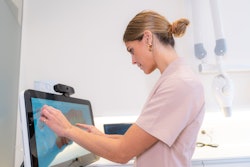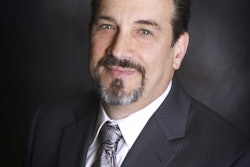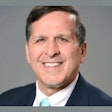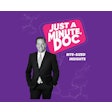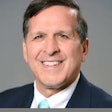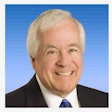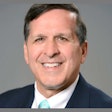I first met Holland Haiis this past February during the Dental VIP Summit, where she impressed me as the dynamic moderator of a panel discussion on dental disrupters.
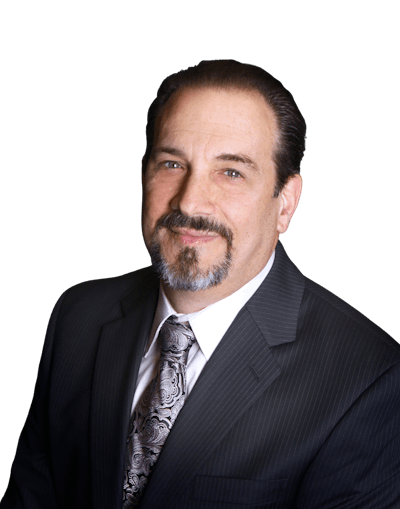 Michael Ventriello.
Michael Ventriello.
We spoke off and on during the summit, and I learned more about her remarkable background and her conscious leadership platform. I’ve intended to interview her for Dental Duets for months. I’m happy to say that a few weeks ago, I finally had the pleasure. Read on …
Ventriello: You’ve pioneered introducing conscious leadership into dentistry. How would you define it in the context of running a dental practice?
Haiis: Dentists are highly trained in clinical excellence but receive little to no training in business leadership. Patients come for oral health, but if the team isn’t engaged and aligned, they’ll feel the disconnect and move on. Conscious leadership bridges this gap, creating thriving teams, stronger practices, and better patient outcomes.
Q: Dentists are clinicians first, but not always communicators or managers. What conscious leadership practices help them bridge that gap?
A: Conscious leadership begins with awareness of self and others. Without it, dentists can’t understand why some interactions succeed and others fail. Since most haven’t been taught how to communicate effectively or resolve conflicts, issues often go unaddressed, leading to workplace tension. Science-based tools help build accountability, trust, and collaboration. Applying these practices improves retention, teamwork, profitability, and, ultimately, patient care.
Q: How can conscious leadership improve patient communication, especially with complex or anxiety-provoking treatment plans?
A: Patient communication starts with team alignment. If team members struggle with their own beliefs about treatment value or cost, it creates bias that undermines trust. Patients sense misalignment immediately and hesitate to proceed. Conscious leadership builds clarity and consistency across the team. When communication is clear and confident, patients feel congruence, which builds trust, reduces anxiety, and increases treatment acceptance.
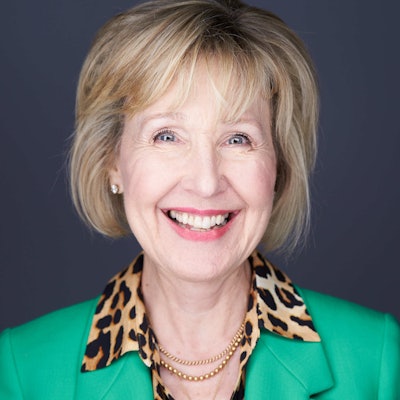 Holland Haiis.
Holland Haiis.
Q: What strategies help create an environment where staff feel heard, valued, and engaged?
A: Key ingredients include emotional intelligence, psychological safety, autonomy, rituals, and clear goals. It can feel overwhelming, so I start by identifying the practice’s biggest stumbling block. Just as dentists examine patients before treatment, we first assess team dynamics before applying solutions. Tailored strategies, implemented step by step, lead to clarity, sustainability, and long-term success.
Q: Dental practices are small businesses. What lessons from larger companies can they apply?
A: Every business requires strategy, not guesswork. Too often, dentists either try everything or get stuck in perfection paralysis. Successful companies (and dental service organizations) train their people, implement what they learn, and refine continuously: train, apply, measure, tweak, repeat. This builds momentum, keeps teams engaged, and drives profitability.
Q: You emphasize accountability and resilience. How do these principles build high-performing teams?
A: Accountability requires clarity and follow-through, but not from fear. Instead, each team member feels invested in the mission.
Resilience is equally vital, because dentistry is demanding -- schedules shift, patients cancel, treatments don’t always go as planned. Training equips teams to adapt quickly and refocus. When dentists model accountability and resilience, the culture elevates, and each team member holds themselves to higher standards.
Q: Retention is a big challenge for both staff and patients. How can conscious leadership help?
A: Retention is directly tied to culture. Many practices don’t intentionally shape their culture, often due to lack of time or skills. But culture will form on its own if ignored, usually in negative ways. Conscious leadership equips dentists to deliberately create cultures that attract talent, keep staff engaged, and maintain patient loyalty.
Q: How does leadership shape the daily "culture of care" in a practice?
A: Research shows employees want more than technical training. A hygienist values clinical skills but also wants leadership and communication development. Dentists are clinical leaders, but people need more than clinical expertise to thrive. By learning self-leadership first, dentists create a culture of resilience and positivity. This inspires trust, strengthens loyalty, and drives innovation and profitability.
Q: Burnout is a growing concern. What conscious leadership tools protect dentists’ and teams’ well-being?
A: For the past 15 years, our nervous systems have been under strain from elections, a pandemic, economic pressures, and more. Humans aren’t designed for sustained stress, and it takes a toll.
That’s why I developed a resiliency training course using behavioral and positive psychology, stress mastery, and polyvagal theory. These tools help regulate the nervous system and build awareness of body and brain responses. By supporting their own resilience, dentists sustain passion for their work and create healthier, more sustainable practices.
Q: If you could give dentists three actionable steps they can take tomorrow to adopt the principles of conscious leadership and lead with more purpose, presence, and balance, what would they be?
A: The first tool would be to increase awareness through self-leadership. As we've discussed, you can't lead others until you lead yourself, so begin by taking 10 minutes at the end of each day to reflect on where you were aligned and where you felt reactive. This tiny practice builds the muscle of greater self-awareness, which impacts driving greater leadership.
The second actionable tool to achieve greater conscious leadership is to create an intentional culture through building communication. By focusing on actively shaping the culture, begin engaging your team in meaningful conversations and collaboration. "What can we do today to make patients feel even more cared for?" "What's one step we can take to collaborate more as a team?"
Finally, I'll wrap this up with a third principle to strengthen resilience for you and your team. Since we know burnout is real, create small resets during the day to build resilience. Check in with your own energy, as you may need some food or hydration; step outside to decrease cortisol and recalibrate your brain toward seeing new outcomes and potential. When dentists model resilience, their teams learn to recover quickly from setbacks, adapt to change more easily, and continue to deliver exceptional care.
While these leadership principles may seem simple, they tie into everything we've talked about: awareness, communication, accountability, and resilience. Use this as a foundation to begin embodying the principles of conscious leadership and experience alignment of purpose, performance, and profit.
Holland Haiis is a workplace strategist, executive coach, keynote speaker, and award-winning author. Haiis was named as one of 100 global thought leaders, along with Suze Orman and Deepak Chopra. She is the founder of Stand Up to Lead, an organization that supports and empowers women in business, and is often interviewed on CNN, CBS, FOX News, CNBC, HuffPost, Thrive Global Inc., and other publications. Connect with Haiis on LinkedIn.
Michael Ventriello is widely regarded as the "Dental Product Launch Expert" and is the owner and founder of Ventriello Communications and the co-founder and chief communications officer of Personify Group. Ventriello is an award-winning copywriter, former journalist, broadcaster, and frequently published author and dental industry pundit. Connect with him on LinkedIn.
The comments and observations expressed herein do not necessarily reflect the opinions of DrBicuspid.com, nor should they be construed as an endorsement or admonishment of any particular idea, vendor, or organization.




